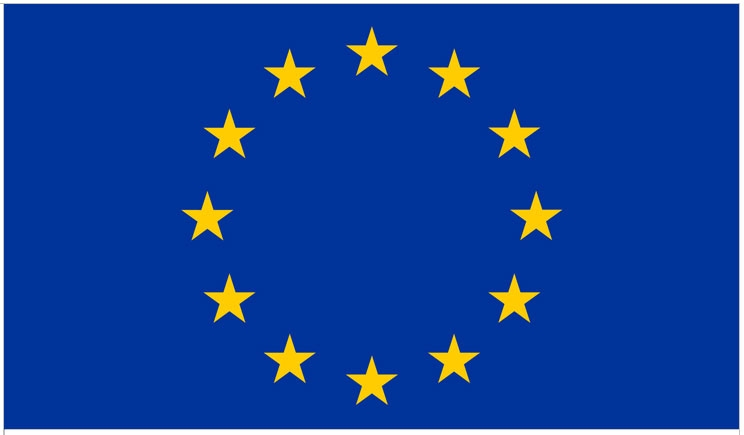
The costs of sugar are about to go down in Europe—and the risks to dental health could go up, according to research from the University of Cambridge. As the European Union (EU) phases out protections that have kept commodity prices high and prevented foreign imports, sugar consumption will dramatically increase, particularly among the lowest socioeconomic groups, the researchers say.
The cheaper anticipated costs of sugar will make it more profitable for manufacturers to add it to processed foods to increase palatability and bulking. These manufacturers also will more aggressively market these foods because of their increased profitability. Children from the lowest socioeconomic groups, who likely will be the largest targets of this marketing, already are at greater risk of tooth decay, according to the National Children’s Bureau (NCB) in the United Kingdom.
“While only 18.4% of children living in the 30 richest areas suffer tooth decay, this rises substantially to 31.6% of 4- to 5-year-olds in the 30 most deprived,” said Fiona Sandom, president of the British Association of Dental Therapists.
According to the NCB, a 5-year-old in Leicester is 5 times more likely to have tooth decay that one in West Sussex. If children under the age of 5 in the North West region of the United Kingdom enjoyed the same health and development as those in the South East, there would be 43% fewer 5-year-olds with tooth decay, or 11,000 children per year, the NCB says.
The Cambridge researchers say the elimination of production quotas and price guarantees in 2017 will drastically decrease the commodity price of sugar, triple the production of high fructose corn syrup, and increase production of sugars overall by around 15% in the decade after 2017. Sugar content in processed food will increase without any increase in price, leading to greater sugar consumption, the researchers expect.
Also, the researchers note that these economic reforms were designed with industry in mind, not public health. Foods high in sugar are among the cheapest available, disproportionally increasing sugar consumption among lower socioeconomic groups and contributing to widening health inequalities. To protect public health, the researchers are calling for greater attention paid to the role of agricultural policy in determining the price, availability, and consumption of sugars.
“It may be necessary for governments to mandate targets for reducing sugar contents of processed foods and implement robust systems for monitoring compliance,” said Emilie Aguire, one of the researchers from the University of Cambridge. “It will also be important to monitor food prices, diet, and health to determine the effects the reforms have.”
Other groups also are calling for action. The British Society of Paediatric Dentistry and Public Health England support a sugar tax between 10% and 20%; significantly reducing advertising of high-sugar food and drinks to children; targeting supermarkets and takeout special offers; reducing the amount of sugar in everyday food and drinks; and ensuring the sale of healthier foods in hospitals and other public bodies.
The Scientific Advisory Commission on Nutrition in the United Kingdom says that sugar should make up no more than 5% of daily calorie intake, or 30 g of sugar each day. If the United Kingdom decreased its sugar intake to this recommended level within 10 years, according to Public Health England, more than 200,000 cases of tooth decay would be avoided.
“There needs to be protective policies in place, which may well include a sugar tax,” said Sandom. “It is now the responsibility of everyone within dentistry to join forces with other health professionals to campaign vociferously against the disastrous effects of sugar consumption on the population of the United Kingdom.”
Related Articles
Sugar’s Impact on Tooth Decay Still Major Concern
31% of Kids Miss School Due to Dental Problems











